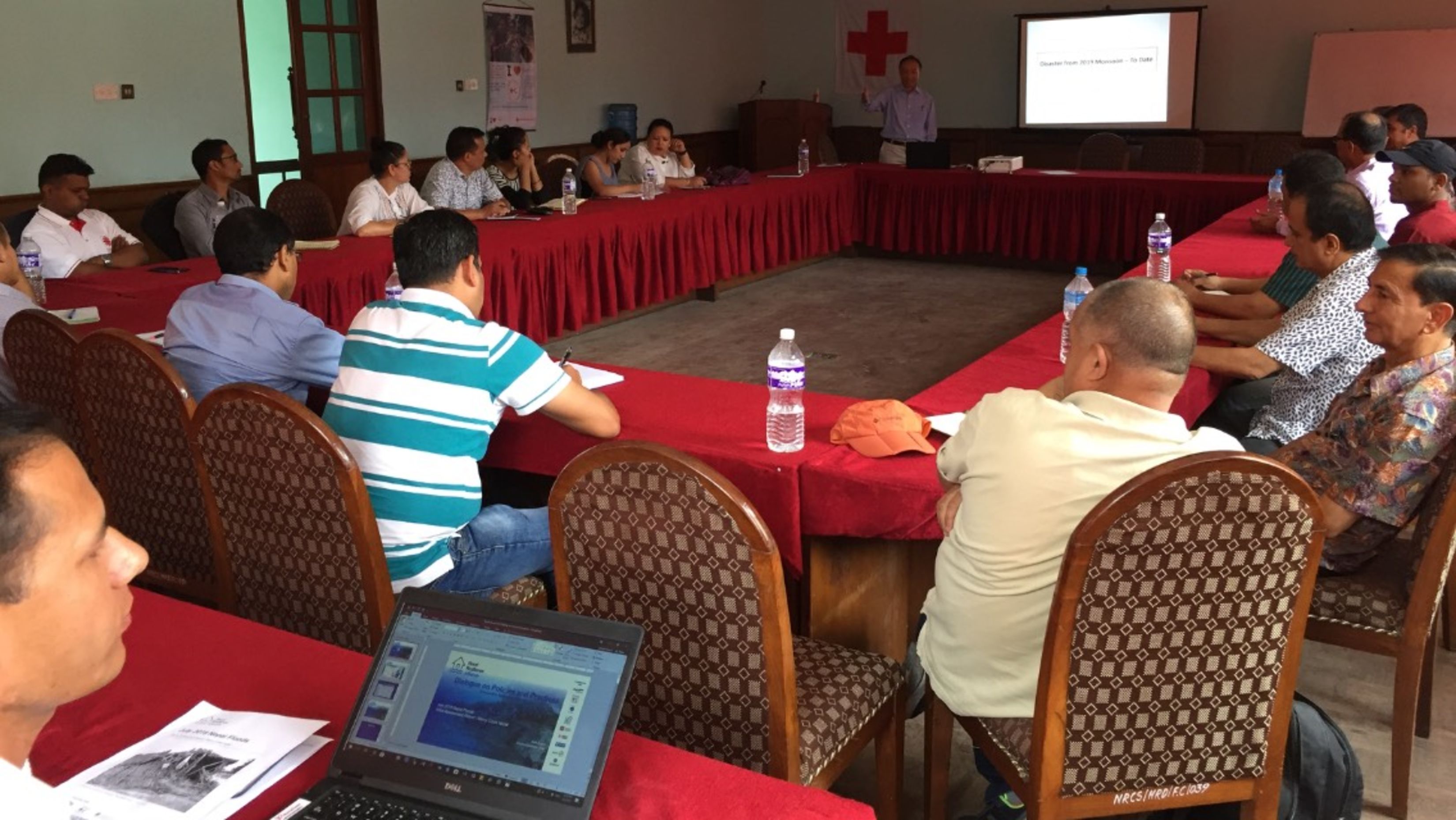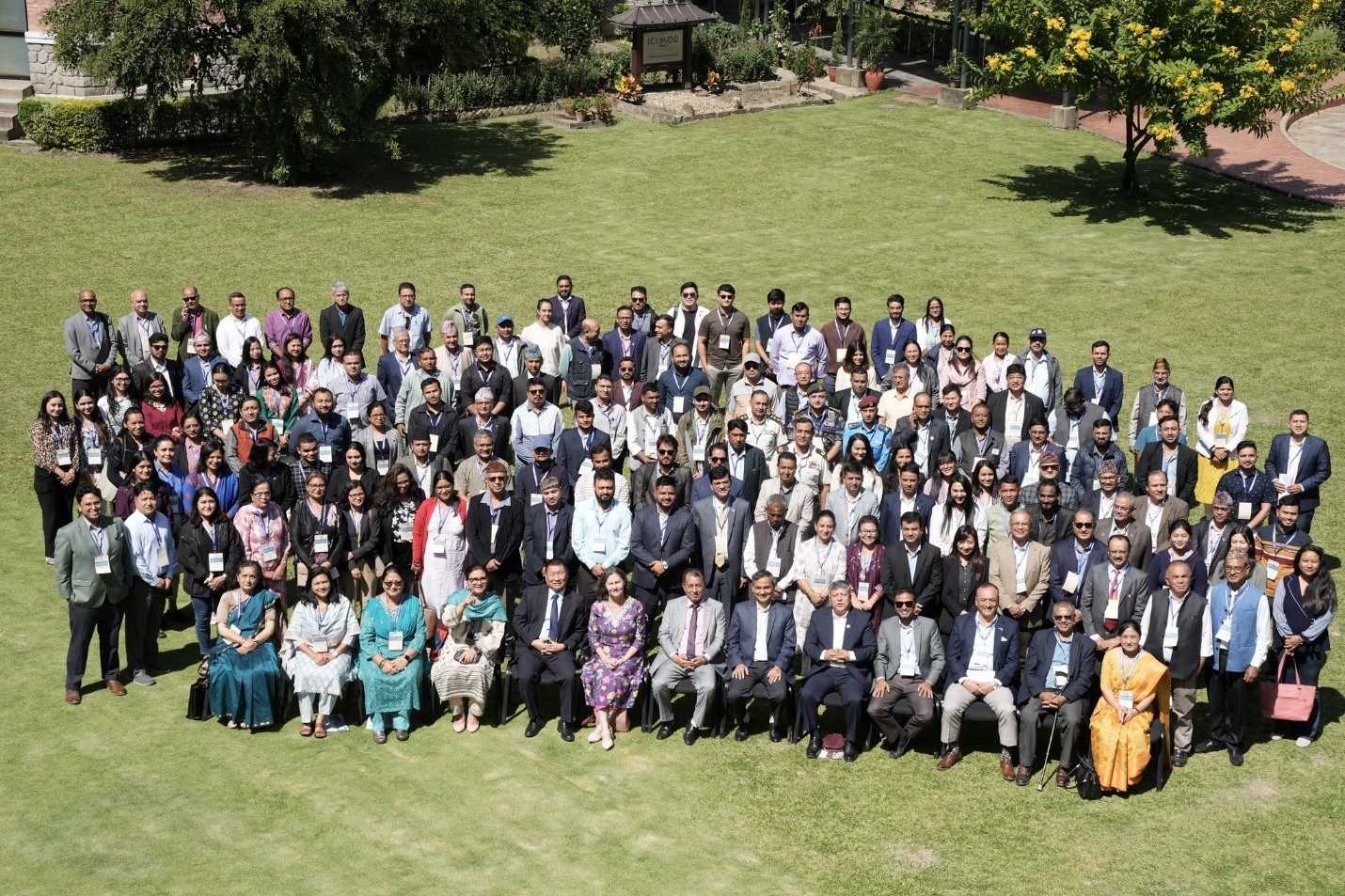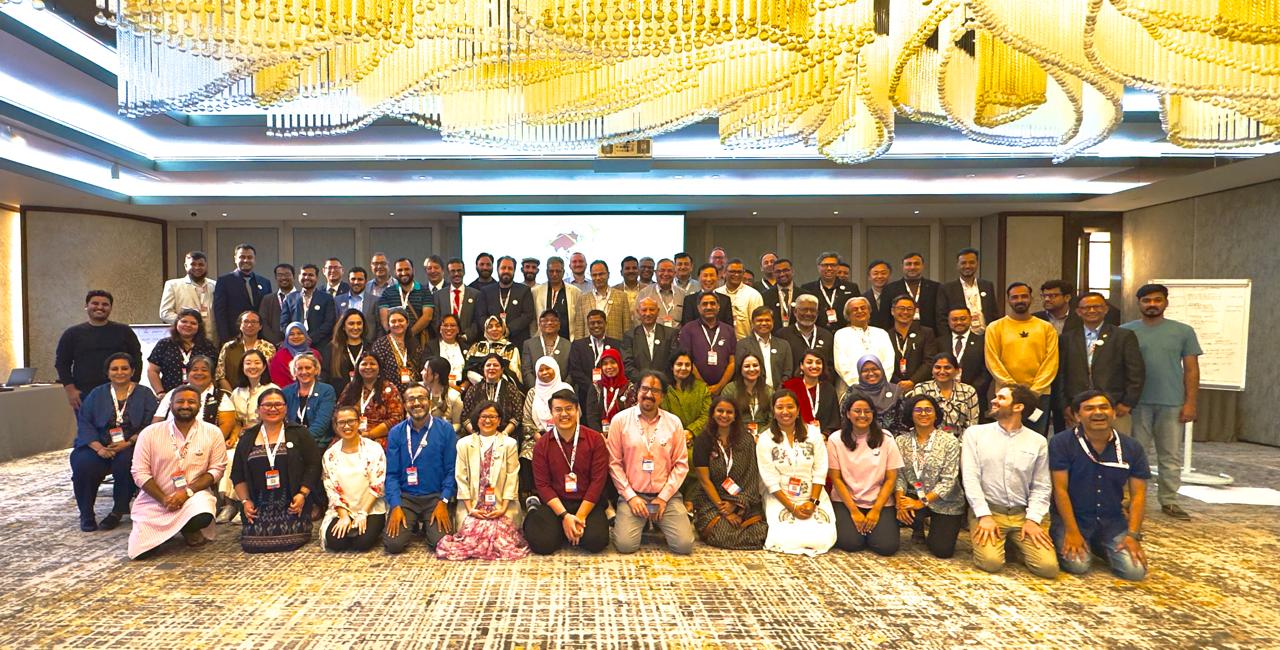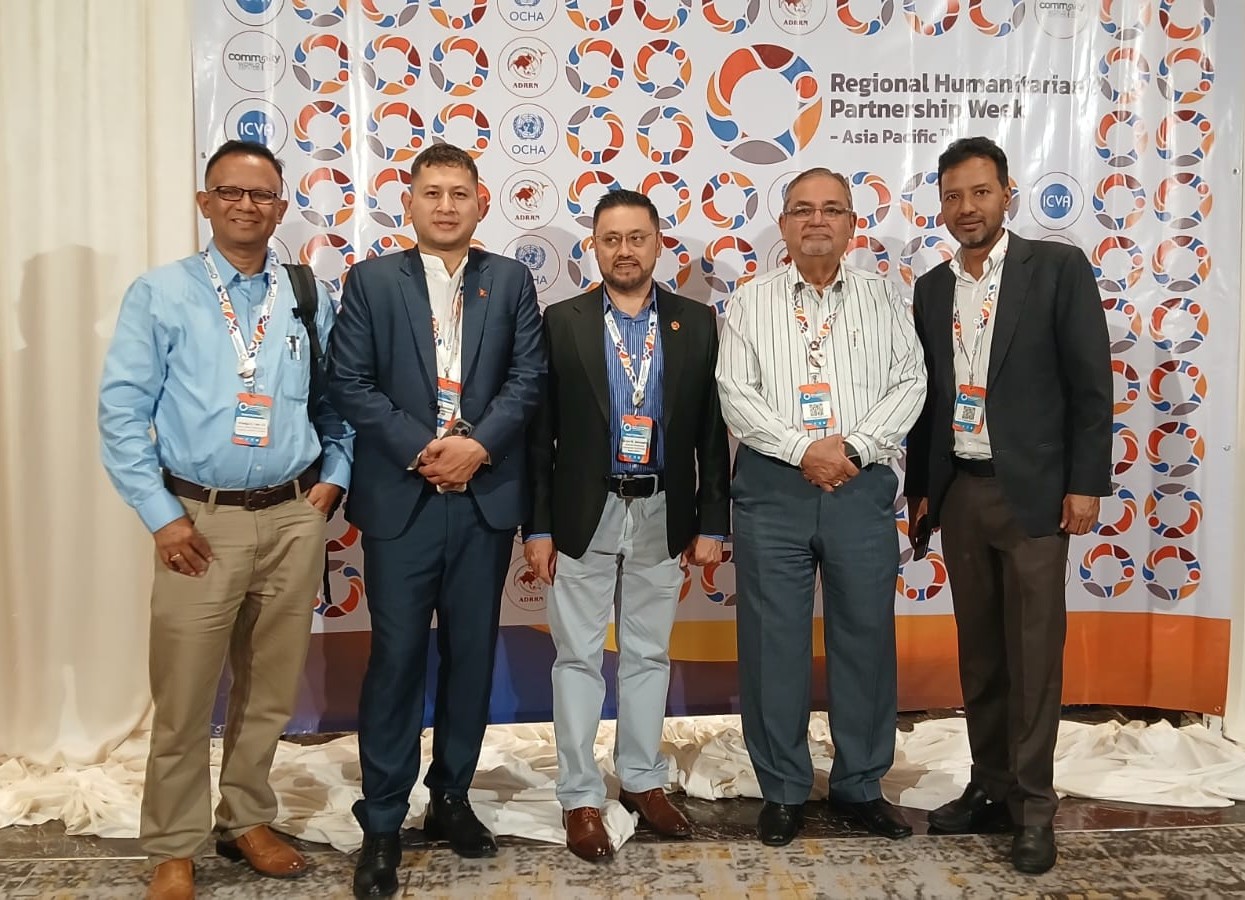Monthly Dialogue on Ongoing Monsoon Disaster Explores Proactive Measures for Disaster Risk Reduction

Monthly Dialogue on Ongoing Monsoon Disaster Explores Proactive Measures for Disaster Risk Reduction
Kathmandu, Nepal - On August 2nd, 2019, DPNet-Nepal successfully organized a monthly dialogue program titled "Discussion Program on Ongoing Monsoon Disaster." The event brought together representatives from various sectors, including I/NGOs, academia, and the private sector, under the guidance of the Acting Chairperson of DPNet-Nepal. Mr. Raju Thapa, the General Secretary of DPNet-Nepal, opened the program by sharing its objectives and extending a warm welcome to all participants.
Key Highlights
During the program, Mr. Ram Prasad Bhattarai, Acting Chairperson of DPNet-Nepal, emphasized the importance of effective coordination among stakeholders, including the private sector and I/NGOs, in developing common standards for proactive disaster response and management. He highlighted the network's efforts in coordinating during disasters to share situation reports and updates.
Mr. Gehendra Gurung, Technical Advisor of DPNet-Nepal, delivered a comprehensive presentation titled "Disaster from Monsoon 2019." The presentation provided an overview of the 2019 monsoon disaster, delved into the reasons behind recurring disasters each monsoon season, and explored possible interactions and a way forward. It also addressed the collection of news related to monsoon disasters, conducted a review, and facilitated discussions on mid and long-term strategies. One major area of discussion focused on why the available information was not effectively utilized to prevent disasters and what suggestions could be offered to stakeholders.
Mr. Bhesh Parajuli, Advocacy Coordinator at Mercy Corps and Executive Committee Member of DPNet-Nepal, shared the initial findings of a study titled "Initial Assessment Report, Nepal Flood July 2019." This study, conducted by the Flood Resilient Alliance in the Mahottari district, presented the methodology employed, highlighted needs and gaps in the response efforts, and offered recommendations. One key recommendation was the design and implementation of cash support interventions during the early recovery phase. The study also emphasized the regular updating of the District Disaster Response Plan to delegate roles and responsibilities, thereby ensuring an effective response.
Open Discussion
Following the presentations, a session of open discussion was moderated by Raju Thapa, the General Secretary of DPNet-Nepal. Participants actively shared their views on various aspects of the monsoon disaster. Key concerns raised during the discussion included:
- The need to shift from reactive to proactive approaches in disaster risk reduction and management (DRR&M).
- The challenges posed by the frequent transfer of government officials, highlight the urgency of establishing the National Disaster Risk Reduction and Management Authority (NDRRMA).
- The importance of enforcing building codes and risk-sensitive land use planning in all 77 districts, rather than limiting them to earthquake-affected regions.
- The government's reluctance to address transboundary issues and the potential consequences of dam construction and embankments in the Terai region, calling for diplomatic efforts to address these concerns.
- The lack of an effective coordination mechanism and the need to strengthen and support such mechanisms.
- The importance of clearly defining the roles and responsibilities of District Disaster Management Committees (DDMCs) and District Level Security Assemblies (DLSAs) to enhance preparedness and response efforts.
- The need for persuasive advocacy initiatives to drive meaningful change.
Closing Remarks
Mr. Ram Prasad Bhattarai, Acting Chairperson of DPNet-Nepal, expressed the significance of the discussion and the resulting recommendations. DPNet-Nepal announced the formation of a small committee tasked with refining the recommendations before presenting them to the Ministry of Home Affairs (MoHA). Mr. Bhattarai extended his gratitude to all participants for their active engagement and valuable contributions to the fruitful discussion.
The program concluded on a positive note, highlighting the commitment of DPNet-Nepal and its partners to proactive disaster risk reduction strategies for a safer and more resilient Nepal.











